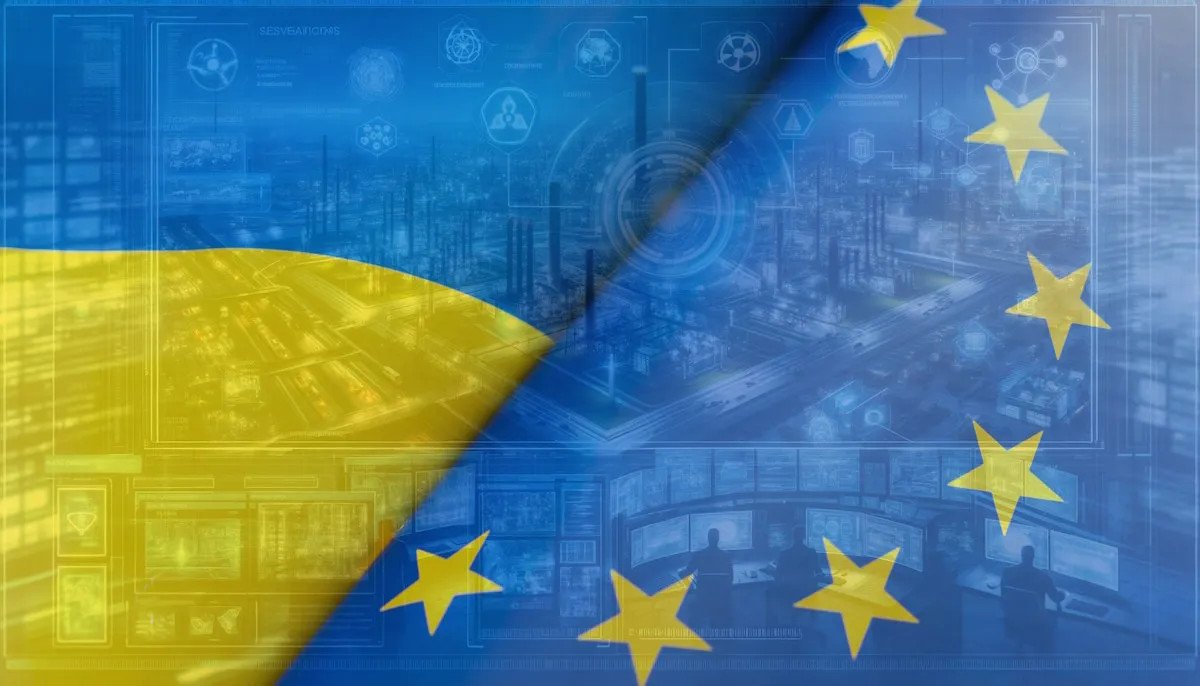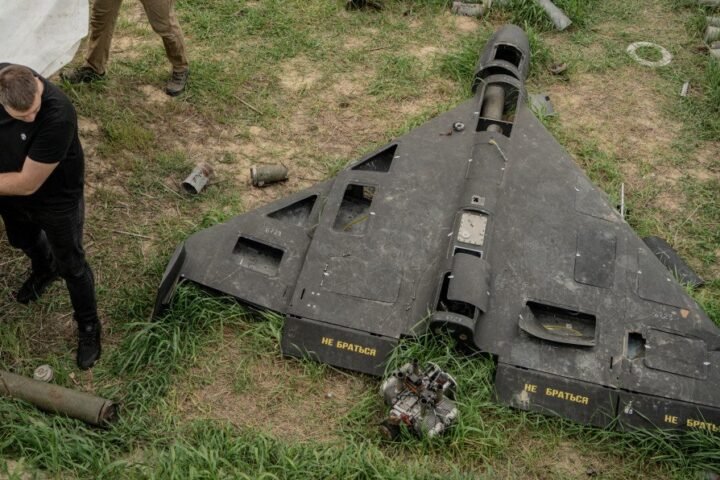As Moldova advances on its path toward European integration, the country faces a surge in coordinated disinformation campaigns designed to weaken pro-European sentiment. False claims about poverty, loss of national identity, and an alleged “dictate from Brussels” are being spread through Russian and pro-Russian channels. The goal is not persuasion, but demobilization: instilling fear, distrust, and discouragement among voters at critical political moments.
Targeting vulnerable groups
During the electoral campaign, Moscow’s efforts focus on Russian-speaking minorities, rural residents, pensioners, socially vulnerable groups, and Eurosceptics frustrated with rising costs and political disillusionment. Each segment is addressed with tailored messages — from fears of unemployment and unaffordable medicine to narratives of betrayal by President Maia Sandu and her ruling PAS party. All stories converge on the same point: “with Europe come poverty and war.”
Exploiting reform challenges
The strategy follows a familiar pattern: the greater the public’s expectations for reform, the more effective disappointment becomes when highlighted through selective focus on transitional hardships. Disinformation aimed at Moldova’s middle class, youth, and diaspora emphasizes supposed threats such as rising prices, loss of economic sovereignty, and collapse of national industries. In contrast, real-world evidence from Central and Eastern Europe shows the opposite: Romania doubled foreign investment between 2007 and 2022, Poland emerged as a leading agricultural exporter, and Bulgaria became an energy hub. Moldova itself has already received over €400 million in non-repayable assistance from the EU in 2023–2024 for infrastructure, energy, and social projects.
Fake stories about land, values, and NATO
Popular falsehoods include claims that “the EU seizes farmland from local farmers,” a narrative pushed through Telegram, fake news portals, and influencers. In reality, EU accession brings access to subsidies, modernization, and new markets — with agriculture becoming one of the biggest beneficiaries in countries like Romania and Bulgaria. Similarly, accusations of “erasing traditional values” or “religious suppression” play on conservative fears, while in fact the EU supports cultural diversity and funds projects to preserve national identity. Equally persistent is the myth of “NATO occupation” and soldiers filling Moldovan streets. No EU member state has lost sovereignty through integration; military presence depends only on bilateral agreements, while EU membership has enhanced autonomy.
Financial and media infrastructure
The machinery behind these operations is extensive. Coordination comes from Russian state-linked structures such as ANO Dialog, overseen by Sergei Kiriyenko, and the border cooperation directorate under Dmitry Kozak. Additional support flows through entities tied to Ilan Shor and organizations like the “Institute of the Russian Abroad.” Financing is routed via Promsvyazbank, Agroprombank, and Transnistria’s Eximbank, under the Sheriff holding. Beneficiaries include the “Pobeda” bloc linked to Shor, the Socialist Party of Igor Dodon, and structures tied to Gagauz leader Evghenia Gutsul. Payments range from €10 a day for demonstrators to €2,000 for influencers, often transferred in cryptocurrency or untraceable cash. Central to this network is Shor’s mobilization grid, particularly active in southern and central Moldova, amplified by media channels from Transnistria and Russian-controlled outlets across Telegram, TikTok, YouTube, Facebook, and local print.
The political stakes
The messaging — “EU means poverty,” “Sandu betrayed the church,” “Moldova is a Western colony,” “No NATO bases,” “Europe brings war” — presents Russia as the only “strategic partner” and “guarantor of peace.” This narrative is reinforced by tactical coordination among parties, even those ideologically opposed, unified under the slogan “against Sandu.” The aim is to suppress turnout among pro-European voters while mobilizing a smaller but disciplined pro-Russian electorate. Similar tactics were tested in Ukraine in 2019, Georgia in 2021, and Moldova’s 2024 referendum. Analysts note that the systemic nature of these operations mirrors strategies seen in Russian disinformation campaigns across Eastern Europe.
A test of resilience
For Moldova, countering these narratives requires more than reactive fact-checking. Disinformation has become a weapon of influence, threatening to derail the country’s democratic trajectory. With elections approaching, the choice lies between demobilization and mobilization: whether citizens allow manipulation to weaken European ambitions, or turn out to secure Moldova’s future within the European community.










